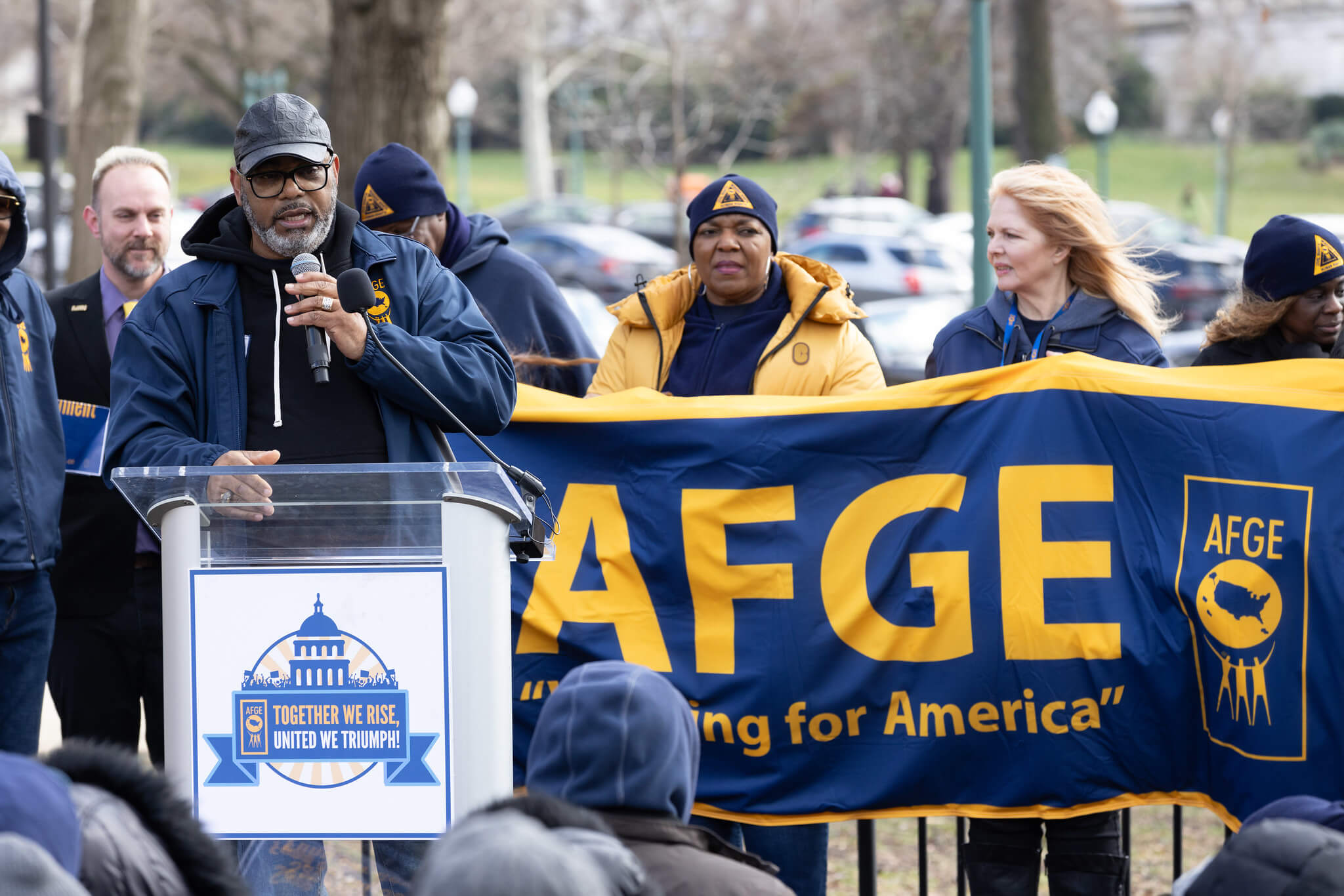Today's Headlines and Commentary
Tomorrow you may gorge on turkey, but you're about to go on a four-day news and commentary diet. So here's your fix before the fast.
Let's start with last night's GOP debate on national security, which generated a lot of coverage--starting with the excerpts Sonia ran here.
Published by The Lawfare Institute
in Cooperation With

Tomorrow you may gorge on turkey, but you're about to go on a four-day news and commentary diet. So here's your fix before the fast.
Let's start with last night's GOP debate on national security, which generated a lot of coverage--starting with the excerpts Sonia ran here. The New York Times has the official story, as does the Politico. The Washington Post's Alexandra Petri calls the debate "boring" and "uninspiring," and the Nation has its picks for the 10 best moments here.
In other news, the Times reports on developments in the Jose Piementel case: The Legal Aid Society, which was supposed to represent him, has backed out because it "served as counsel in a separate case for a confidential informer involved in the terrorism inquiry." Now that's a conflict of interest. The New York Daily News, meanwhile, has an op-ed asserting that the FBI should not have left Pimmentel to the NYPD. The piece contains this tidbit: This is "the 14th foiled terror plot against New York since 9/11"--which means, according to my amazing ratio-calculation superpowers, that authorities are foiling an average of 1.4 attacks on New York City per year.
In related news, National Public Radio has a story about the thin line between informing and entrapment, and the Christian Science Monitor also has a story about the difficulty of mounting an entrapment defense.
Lawfare's own John Bellinger has an op-ed in today's Washington Post arguing that Moammar Gaddafi’s son Saif al-Islam and Gaddafi’s former intelligence chief, Abdullah al-Senussi, should be prosecuted in Libya's courts instead of being turned over to the International Criminal Court.
Kent Roach, Professor of Law at the University of Toronto, has an op-ed in Jurist on Canada's refusal to extradite Abdullah Khadr to the U.S.
Tarek Mehanna's close friend Daniel Spaulding testified for a second day at Mehanna's trial, saying that the defendant's father was worried about Mehanna's radical beliefs, reports the Boston Globe.
And from the department of terrorist trials in the making--maybe--the AP reports on the fate of Ali Mussa Daqduq as the last of the remaining detainees in U.S. custody were transferred to Iraqi custody yesterday. The Obama administration has proposed bringing him to the U.S. to be tried in a military commission, but Baghdad is balking at the prospect.
The Post and Reuters both have more on Hussain Haqqani's resignation as Pakistan's ambassador to the U.S. over the "memogate" scandal. The Times informs us that Sherry Rehman has been named Pakistan's new ambassador to the U.S. Also, Jeffrey Goldberg of the Atlantic argues that the ISI, Pakistan's spy agency, is picking the wrong fight and that the claims of Haqqani's accuser should be viewed with doubt.
Whew! The Department of Homeland Security has "found no evidence of a cyber intrusion" at the Illinois water plant, anounces CNN.
Senator Joe Lieberman has sent a letter to Google's CEO, Larry Page, calling for "Google platforms [to] ban terrorist content and provide a ‘flag’ feature for any offending content," sparking the predictable shouting of free speech censorship, according to Slate.
Here's some holiday cheer: Only two high-value Al Qaeda targets remain at large. "Ayman al-Zawahiri and his second in command, Abu Yahya al-Libi, are the last remaining 'high-value' targets of the CIA’s drone campaign against al-Qaeda in Pakistan," says the Post. Bobby discusses the piece here.
And while you can't get your turkey tomorrow from this slaughterhouse in Afghanistan, here's your Moment of Zen.
For more interesting law and security-related articles, follow us on Twitter, and visit the Georgetown Center on National Security and the Law’s Security Law Brief as well as the Fordham Law Center on National Security’s Morning Brief. Feel free to email me noteworthy articles I may have missed at singh.lawfare@gmail.com.
Ritika Singh was a project coordinator at the Brookings Institution where she focused on national security law and policy. She graduated with majors in International Affairs and Government from Skidmore College in 2011, and wrote her thesis on Russia’s energy agenda in Europe and its strategic implications for America.



.jpg?sfvrsn=407c2736_6)
